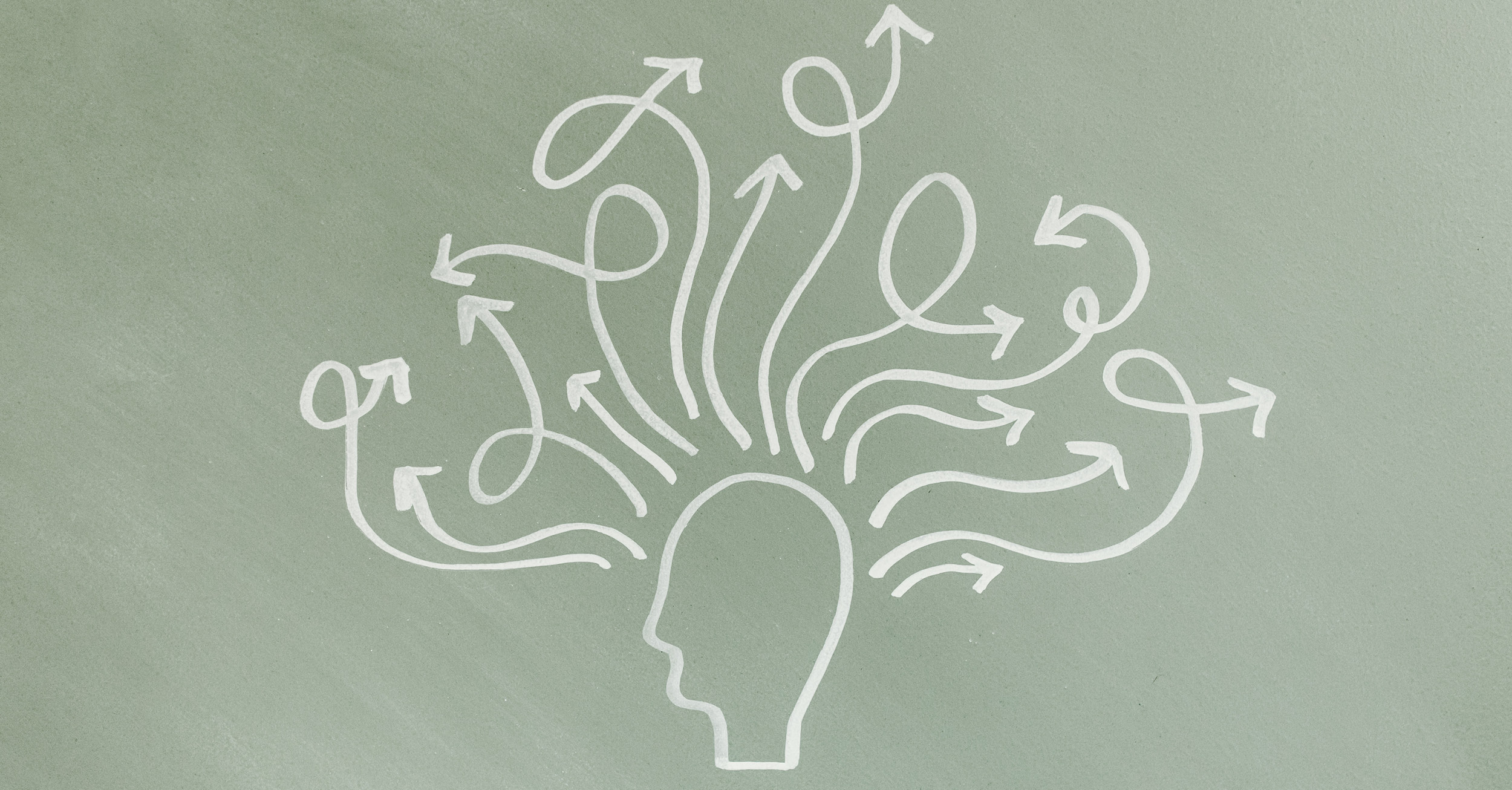
Understanding ADHD: an interview with Matt Smith
Few parents understand the demands of raising a neurodiverse child as much as chief revenue officer, Matt Smith. When his eldest son Billy was diagnosed with a number of conditions, including ADHD, at the age of seven, the whole family’s lives changed in ways they never could have imagined. To celebrate ADHD Awareness Month, Matt spoke to us about some of the challenges Billy’s faced and offers his wisdom for the loved ones of people with ADHD.
What challenges did your son experience because of his ADHD?
As Billy was diagnosed with several different conditions at once, it’s really difficult to determine what behaviour was caused by each. All of the syndromes seem to be interconnected. He’s now at university and his biggest struggle has not been intellectual, but physically being able to sit still for the time required. It’s really debilitating.
Have the effects lessened as he’s got older?
Sometimes the effects weaken as you grow up but it’s difficult to identify with Billy. He has moments of manic desperation and then he has other moments of feeling quite good and saying, ‘I can do this.’
How has ADHD affected him in adulthood?
His conditions have normally manifested in being quite reclusive. It’s difficult to develop meaningful relationships because he spends a lot of time in own head. But he has a pretty good group of friends, which can be rare in situations like this, so that’s definitely a positive.
What facilities does his university provide to help him?
He emailed one of the lecturers when he started to let them know of his varying conditions. When he was filling out the form for Liverpool University, they asked whether he had any mental health conditions or disabilities that would need extra support, which was really helpful. He was able to get a bigger PC screen due to his keratosis, a degenerative eye disease, but the problem is that he can find it difficult to help himself. Is the support there? Yes. Is it accepted? Not always. At 21, it’s he who ultimately has to seek out the help he needs, but we’re also there to support him and his mum in particular has helped him with things like filling forms out.
Why do you think ADHD Awareness Month is so important?
Anything that shines a light on it to raise awareness, provided it’s done with the right intention, is going to be a force of good.
It might be an unusual example, but a friend and I were discussing the furore about Cristiano Ronaldo marching down the tunnel recently. We can’t forget that his daughter died a year ago and we don’t know what’s going on in his head. It might not even be related to why he did what he did, but we need to stop and think about why people are behaving as they are. I think the fact that we’re now doing this more than ever is due to the days we have focusing on mental health conditions and neurodivergences.
How do you think it’s changed you?
Since Billy was born, having to spend a significant amount of time supporting him without question has made me more empathetic as a person. My first thought when dealing with someone who might initially be seen as challenging, withdrawn, rude or troublesome is to ask myself what struggles they might be hiding and fighting hard to overcome, and how I can help them.
What advice would you give to other parents of children who have ADHD?
It’s so heavily nuanced. There’s such a fine line between what the right thing is and isn’t. It really depends. Speak to as many people as you can to gather as much information as possible, which will then enable you to make some of the right decisions. The truth of the matter is, I’m still bumbling myself through it. Normal parental rules don’t apply. You have cause and effect with other children, but when someone has varying degrees of tolerance based on what’s going on in their head, it’s so much more difficult. Another thing that’s helped is having a great wife!
Matt was speaking to Alex Voskou.


